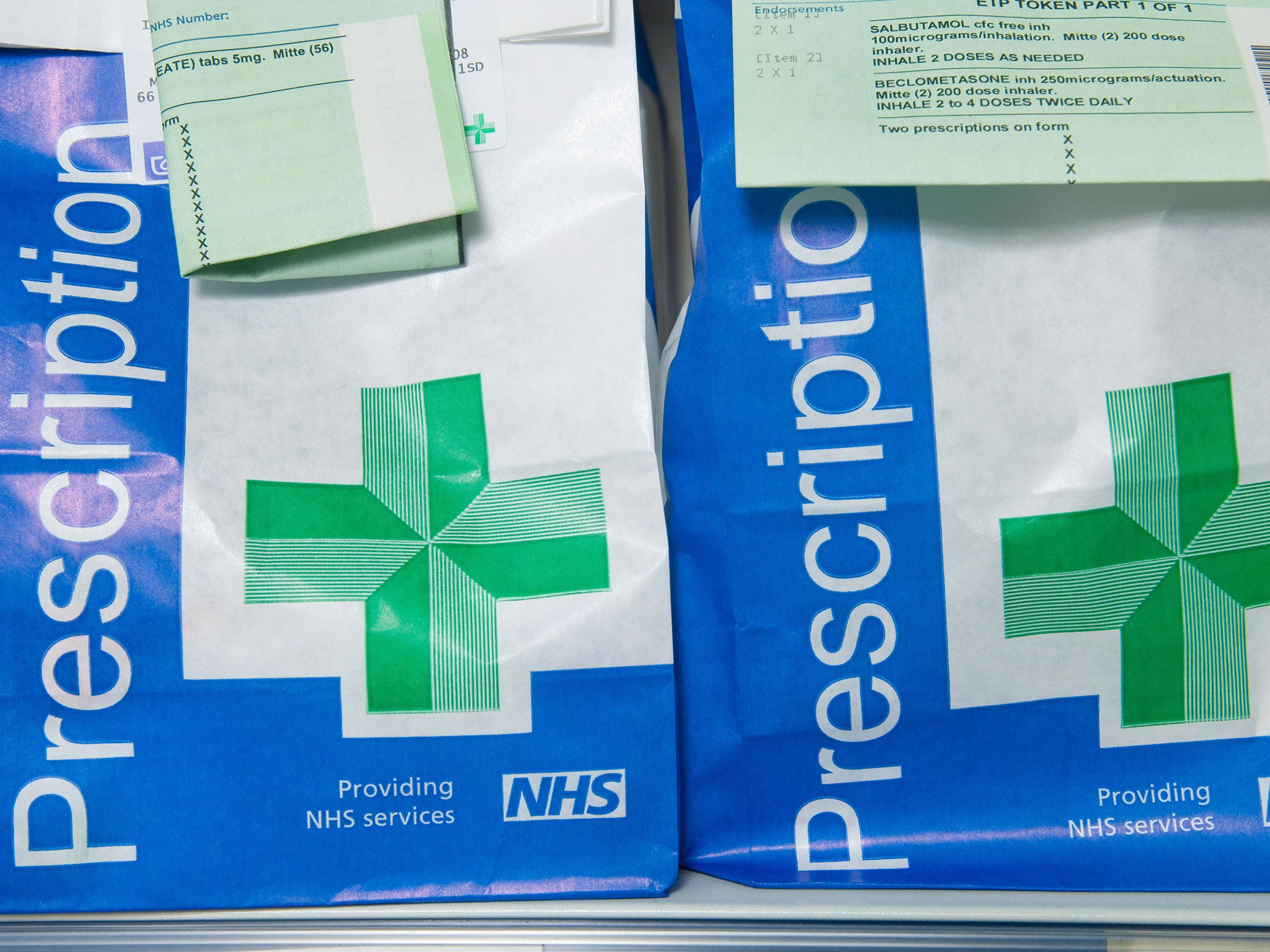Increasing demand for testosterone on NHS costing taxpayers £20 million
However, many doctors have disputed the neccessity or effectiveness of the hormone for patients

Prescriptions of testosterone have gone up by 20 per cent since 2012, costing the NHS nearly £20 million in 2015.
While there are legitimate medical reasons for prescribing testosterone, some physicians have expressed fear the increase is being driven by a misplaced belief in a ‘male menopause’.
The hormone can be prescribed in response to symptoms such as erectile dysfunction, low energy and fatigue, usually in older men.
In 2015, there were 346,199 prescriptions for testosterone at a cost of £19.7 million, according to an analysis by medical magazine Pulse, compared to 292,157 prescriptions in 2012, costing £16.7 million. The prescriptions have been increasing since 2001.
Despite this, it is thought the number of older men with low testosterone production – known as late-onset hypogonadism (LoH) - is believed to have remained stable, at just two to five per cent of men.
There are concerns over the effects testosterone treatments could have on men. The hormone is usually produced in the testicles, but using it long term can discourage this and cause the male body to produce more oestrogen.
Research co-written by Dr Richard Quinton, a consultant physician at the Newcastle Endocrine Unit, cited by Pulse has suggested the prescription increases could be linked to an increase in marketing in health and fitness media advocating Testosterone Replacement Therapy (TRT).
This has been echoed by other physicians. “Patients with non-specific symptoms or indeed just the normal changes in sexual function that happen with age are influenced by articles in magazines and request testing, which can then result in expectation to prescribe for low-normal readings,” said Dr Andrew Green, GP and prescribing spokesperson for the BMA’s General Practitioners Committee, to the magazine.
Dr Martin Duerden, Royal College of GPs prescribing advisor and GP, said he was wary of testosterone being used “rather like oestrogen has been used in women as an 'anti-ageing' product in the past” among those with low sex drive and energy levels.
Dr Quinton told The Independent the comments from Dr Duerden and Dr Green “seem to confirm” his paper’s hypothesis.
While hypogonadism can cause these types of symptoms, doctors have warned they are often likely to be linked to another condition, such as obesity, stress or diabetes, which can also cause low testosterone, taking effect in an aging body.
By tackling these conditions appropriately it is possible to reverse the symptoms.
But many private clinics still tout the benefits of TRT and some patients stand by the alleged improvements to their bodies.
While it is possible for doctors to distinguish between the conditions, Dr Quinton said: “The 'Testosteronistas' tend to lump all cases of low testosterone level on older men as LoH, whereas in fact only a tiny minority merit the label.”
Dr Quinton added that he was “deeply worried” by phrases used by some of the groups which promote TRT, such as ‘testosterone deficiency’.
He said: “’Testosterone deficiency’ seems to be used as a means to justify testosterone treatment on the basis of blood tests for testosterone alone, without an adequate clinical context and framework to suggest real hypogonadism.”
Blood tests and treatment for LoH should follow stricter procedures, Dr Quinton added.
However, other doctors have said that decline in taboo around erectile dysfunction recent years has allowed for a more open discussion of testosterone related issues and allowed for improved identification and responsiveness to the issue by doctors.
NHS England said GPs were responsible for the prescriptions to each patient based on need and a clinical assesment.
Join our commenting forum
Join thought-provoking conversations, follow other Independent readers and see their replies
Comments